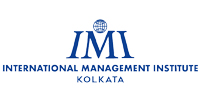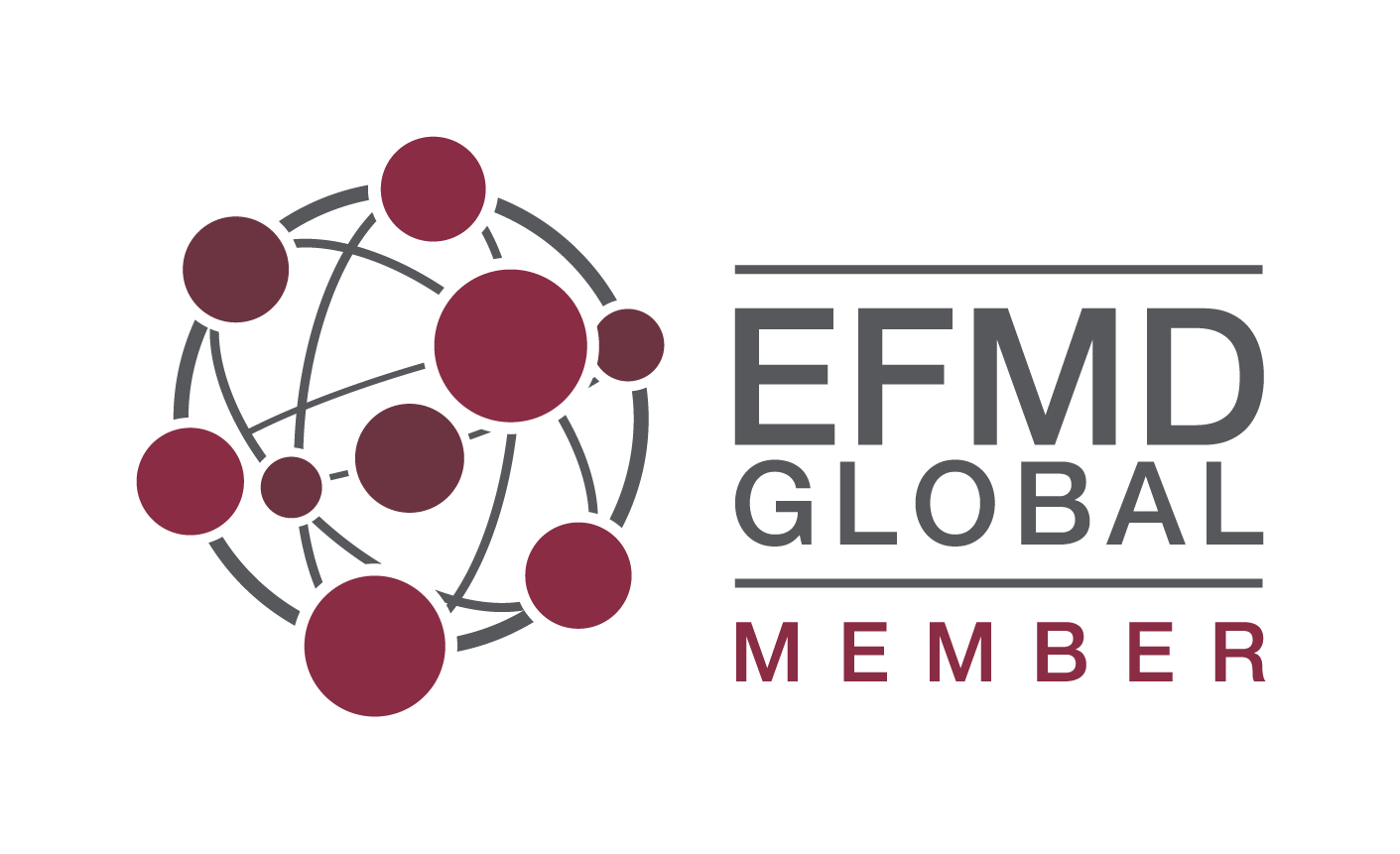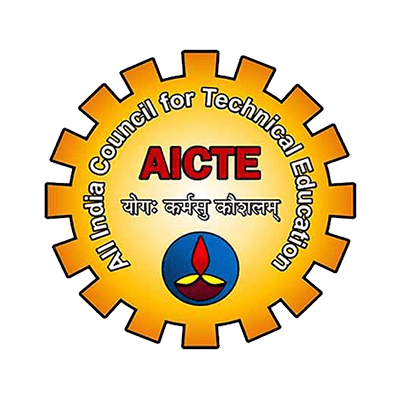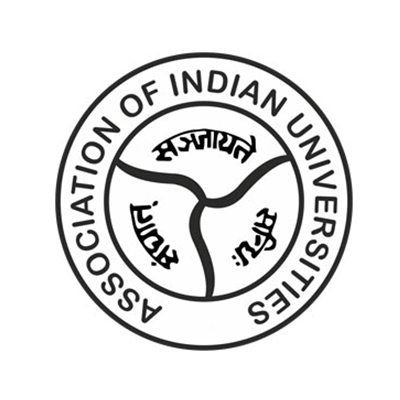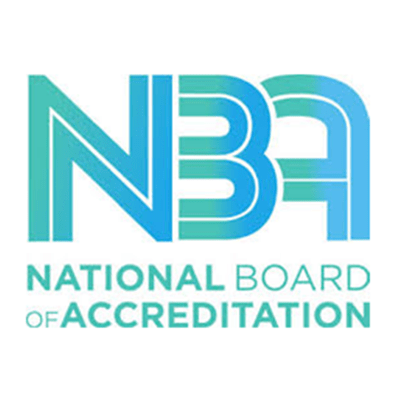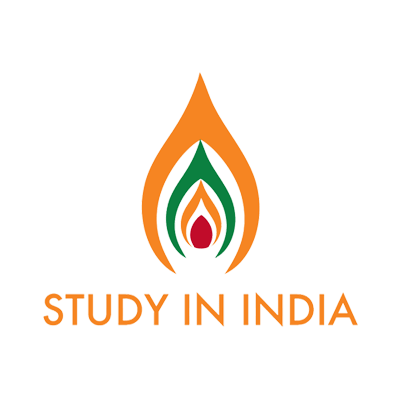

Executive Fellow Programme in Management (EFPM)
Overview
Executive Fellow Programme in Management (EFPM)
Part-time Programme – AICTE approved
The Executive Fellow Programme in Management (EFPM) at IMI Kolkata has been designed to provide an opportunity to working individuals to equip themselves with powerful knowledge, tools and resources to tackle complicated business challenges of present times. The Programme focuses on preparing scholars for careers in the government, in industry and for careers in teaching and research in management studies and in related disciplines. The EFPM has been designed to effectively spread quality management education among practising managers and researchers, across all levels. The EFPM research scholars of IMI Kolkata are expected to undertake a rigorous multidisciplinary approach to offer original works of theoretical and application-oriented research with far reaching implications.

Duration of the Programme
The Programme is of four years’ duration. However, this is extendable maximum up to 1 year in exceptional cases, subject to the consideration and approval by the IMI Kolkata research council. It consists of two phases. The first phase of the Programme involves course work for two years followed by a comprehensive examination (CE). The CE based on research scholar’s chosen area of interest will be taken after completion of the course work. The CE serves as a gateway to the dissertation as the means to ensure that research scholars have the background knowledge to do a doctoral dissertation. The second phase requires scholars to work on their thesis. This involves the preparation of thesis proposal, pursuing research on this proposal and finally an examination based on the thesis leading to FPM.
Programme Objective

The Programme
IMI Kolkata offers ample opportunities for advanced study and research. The programme includes intensive formal courses as well as individually pursued selfstudy or seminar courses on special topics. The executive scholars are expected to work closely with the Institute’s well-known faculty, both inside and outside the classroom.
The EFPM is designed to train scholars for careers in research, teaching and consultancy in technical and theoretical disciplines underlying business administration. These skills have become mandatory for jobs in academia and are increasingly important in business and government, as well as in consulting, research and technical advisory firms.
Programme Objective
- Promote contemporary research
- Develop the prospect of new age management education in India with pertinent theoretical insights
- Train, motivate and empower prospective scholars to become highly skilled and innovative researchers, analysts and facilitators
Course Structure
Credit Requirement
To be completed in the first year .
| Particulars | Code No. | Course Title | Credits |
| Module I | FP01 | Research Methodology I & II | 3+3 |
| FP02 | Managerial Statistics | 3 | |
| FP03 | General Management | 3 | |
| FP04 | System Approach to Management | 3 | |
| Module 2 | FP05 | 3 Stream specific Course of 3 credits each – in consultation with Guide | 3+3+3 |
| FP06 | Credit Seminar (General) – in consultation with Guide | 3 | |
| Module 3 | FP07 | Credit Seminar (Specific) – in consultation with Guide | 3 |
| FP08 | Review paper based on the literature on the Thesis related topic(to be guided by guide) | 3 | |
| Total Credits | 33 |
Elective Courses
Following are the set of electives offered in different areas:
| Broad Area | Sl. No. | Course Name |
| Economics & Business Environment | 1 | Advanced Microeconomics |
| 2 | Advanced Macroeconomics | |
| 3 | Econometrics | |
| 4 | Games people play: strategic thinking for managers | |
| 5 | Industrial Organisation | |
| 6 | Development Economics | |
| 7 | International Business | |
| 8 | Behavioural Economics in Action | |
| 9 | Public Economics | |
| 10 | Business Forecasting | |
| 11 | Public Policy | |
| 12 | Financial Economics | |
| Marketing | 1 | Behavioural & Consumer Research |
| 2 | Marketing Models and Theory | |
| 3 | Strategic Brand Management | |
| 4 | Advanced Services Marketing | |
| 5 | Rural and Bop Marketing | |
| 6 | Advanced Marketing Communications and Digital Marketing | |
| 7 | Advanced Applications of Marketing Research Methods | |
| 8 | Retail Marketing Research and Best Practices | |
| Strategy, Innovation and Entrepreneurship | 1 | Advanced Strategic Management |
| 2 | Seminar on Advanced Methodologies in Strategic Management Research | |
| 3 | International Strategic Management | |
| 4 | Strategy and Innovation | |
| 5 | Seminar on Entrepreneurship | |
| 6 | Economics of Strategy | |
| 7 | Concepts in Corporate Governance and Corporate Social Responsibility (CSR) | |
| Operations Management, Management Information Systems and Analytics/SCM/QT | 1 | E-business |
| 2 | Data Analytics | |
| 3 | Data Mining and Business Intelligence | |
| 4 | Multi Criteria Decision Making | |
| 5 | Software Risk Management | |
| 6 | Supply Chain Modeling Techniques | |
| 7 | Lean Six sigma | |
| 8 | Operations Research | |
| 9 | Cloud Computing | |
| 10 | Project Management | |
| Finance and Accounting | 1 | Advanced Corporate Finance |
| 2 | Asset Pricing Theory | |
| 3 | Financial Econometrics | |
| 4 | Financial Derivatives | |
| 5 | International Finance | |
| 6 | Advanced Research in Accounting | |
| 7 | Behavioural Finance | |
| Organizational Behaviour/Human Resource Management | 1 | Organization Theory and Organizational Development |
| 2 | Group Dynamics and Decision Making | |
| 3 | Conflict Management and Negotiation | |
| 4 | Advanced Researches in Organizational Behaviour | |
| 5 | Emotional Intelligence and Organizational Stress | |
| 6 | Talent Analytics | |
| 7 | Organizational Change and Leadership |

